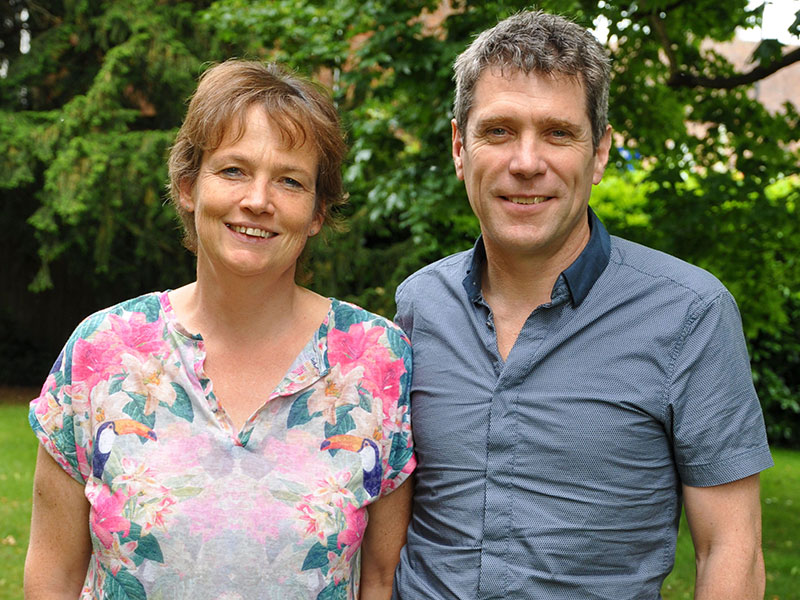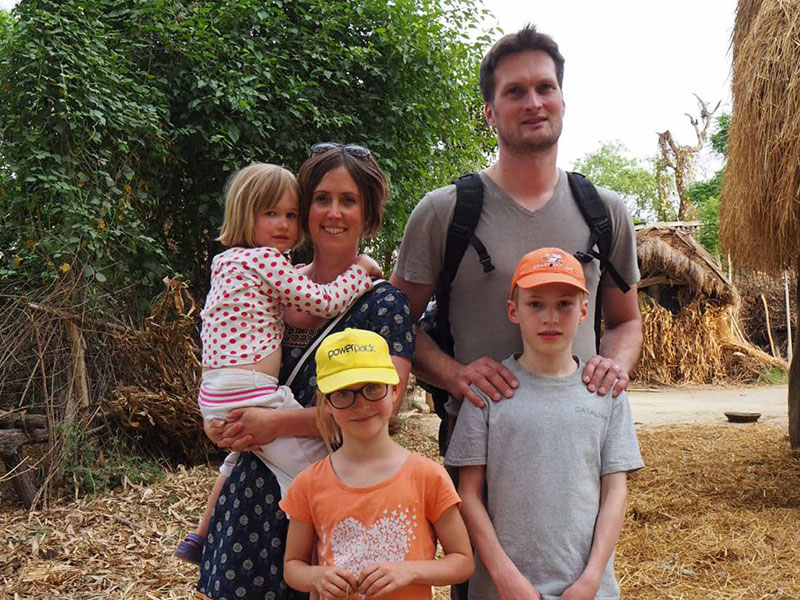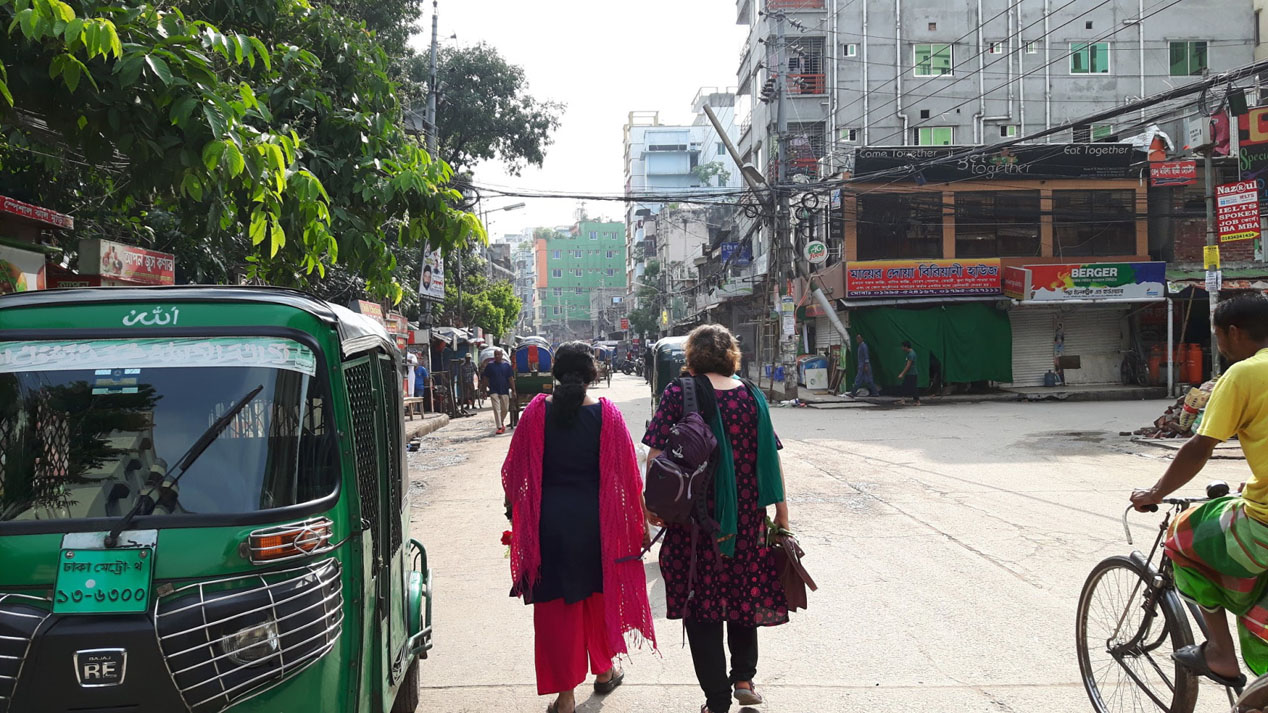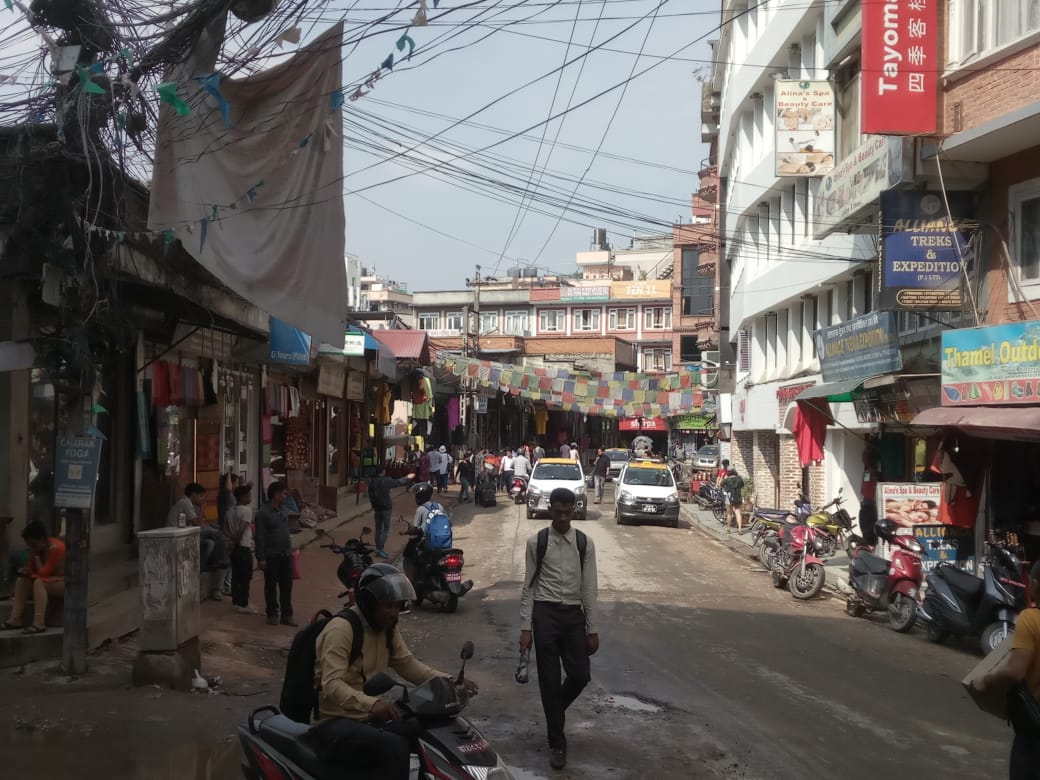Tham’s good news story
Tham’s good news story
This is the difference you made
This is a story about the difference Christian kindness can make in a life affected by leprosy. This is Tham’s incredible story.
We can all identify with being stuck at home at the moment. It’s been our daily life for almost a year, and the effects of not being able to see our loved ones or go out as normal are made even worse during this dark, bracing winter.
While it’s undoubtedly been tough, there are other people around the world whose whole lives are lived out in a kind of never-ending lockdown. And it’s not a highly infectious new disease with no easy cure, like Covid-19, that’s keeping people in isolation. Rather, it’s fear. Fear of a condition that’s been with us for millennia, that in reality has low community transmission, and that can be completely cured with the right medical intervention early on. But the stigma around leprosy means that myths abound, especially in places like Nepal, with many people believing that once you have leprosy, there’s no way out.
The fear and stigma keeping people in life-long lockdown were the subjects of BMS World Mission’s 2020 Nepal Christmas appeal. Where leprosy was keeping sufferers imprisoned, our workers in Nepal knew that generous action from BMS supporters could help set them free. The response has been incredible, with over £69,000 raised so far. But, more than that, your actions are helping to rewrite the story being told about leprosy, and bring positive, lasting change to countries like Nepal.
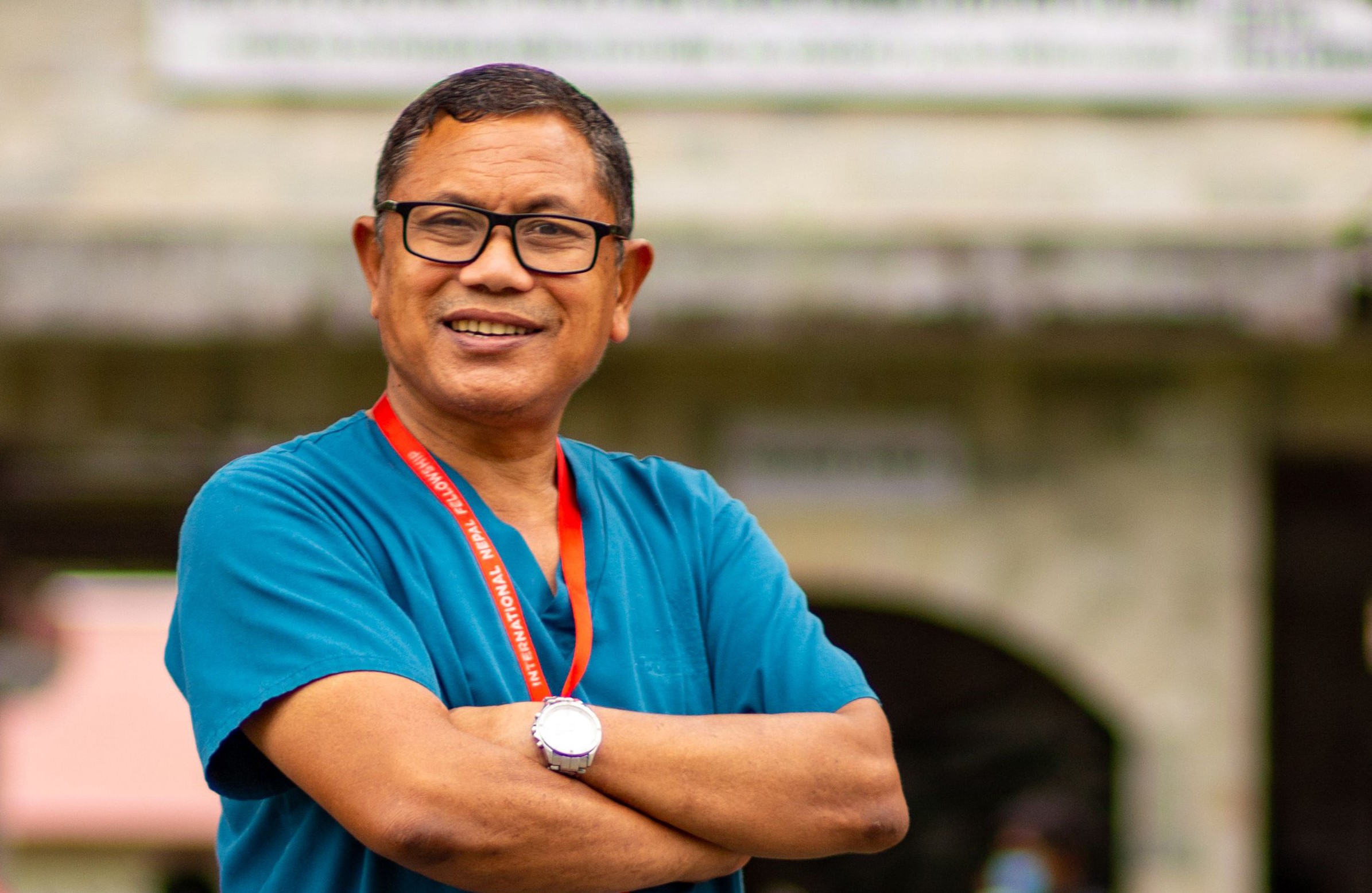
Tham is all too familiar with the stigma and discrimination that people affected by leprosy can experience in Nepal. As a young man living in Syangja district, he had just begun a new chapter of his life – one living with his leprosy diagnosis. Trips to receive treatment at the BMS-supported hospital in Pokhara were becoming a regular part of his routine. “One day, I entered a hotel on my way [to the hospital], to have tea and breakfast,” says Tham. “The hotel owner was observing my hands while I was having tea. After finishing it, I asked for the bill. The lady asked for some money and also told me to take the cup along with me. That was very disrespectful and rude behaviour. After that, I never went to any hotels, no matter how hungry I was.”

Thankfully, Tham was receiving treatment at the BMS-supported hospital in Pokhara when this devastating incident occurred, and was surrounded by a loving community who could support him. But there are many more hidden sufferers who haven’t yet received a diagnosis, and who face worrying symptoms and discrimination alone, rejected even by family. There’s still time to give if you’d like to make a difference. Head to our appeal page now to donate.

Years have passed since that day at the hotel, and Tham’s life has changed beyond all he could have expected. “The situation [around stigma] has changed a lot,” says Tham. “People are now more aware of the disease.” Wonderfully, Tham has been an important part of bringing that change to others who are suffering from the devastating effects of leprosy. He’s been able to live with confidence, employed as a BMS-supported pastoral counsellor for the past five years at the same hospital where he received his treatment. Tham’s also built a life with his loving and supportive family, and most exciting of all, he’s also become a Christian, and accepted Jesus as his personal Saviour!
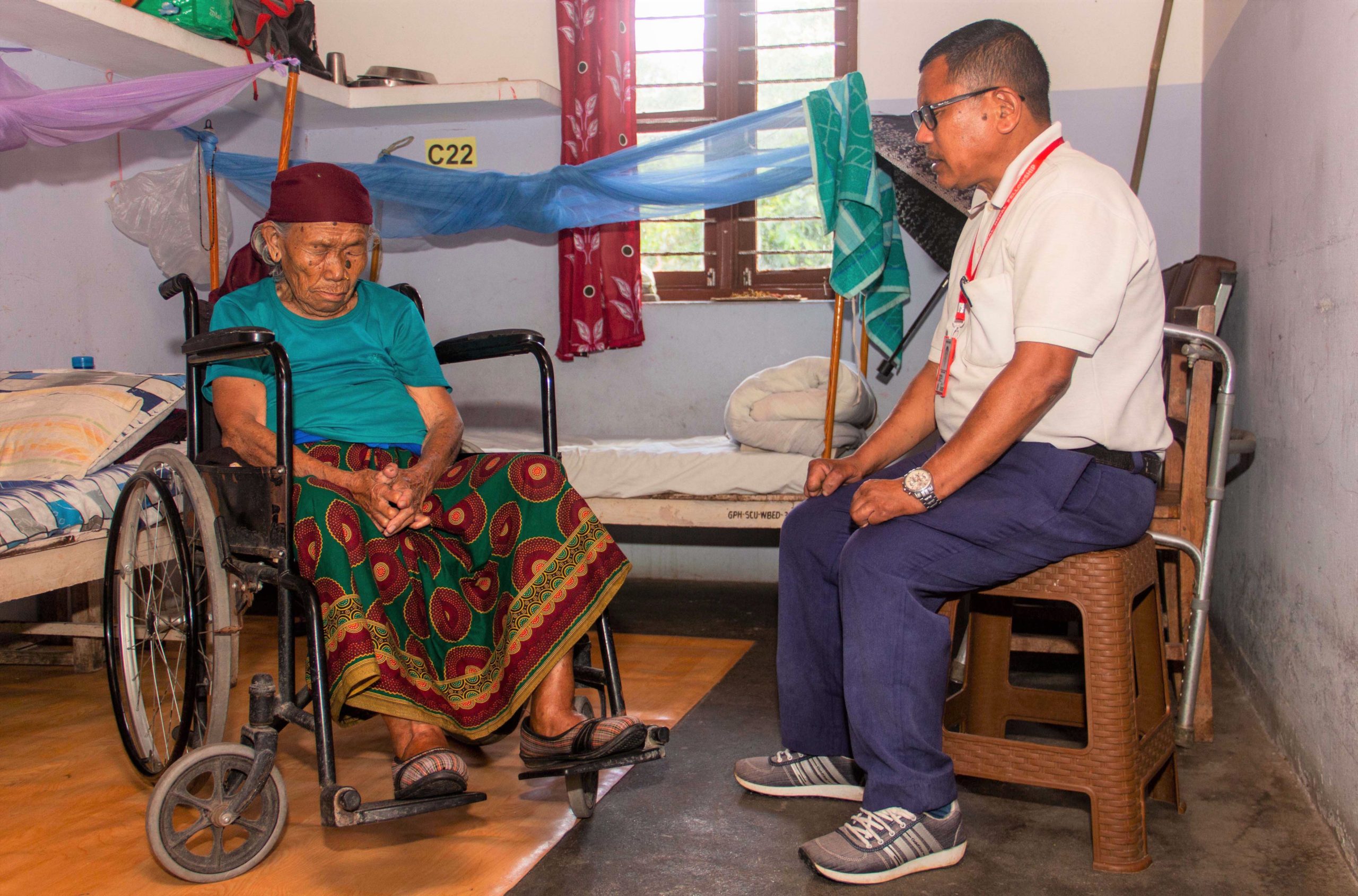
- conduct around 200 peer counselling sessions a year with a colleague, listening to patients, sharing experiences and offering support
- be part of a team providing help and support to 384 leprosy in-patients in one year
- help new patients to settle into the hospital by showing them around and helping them to feel comfortable
- help those who want to know more about their condition, talking them through their diagnosis or sharing information about their treatment plan
- hold fellowship sessions on the ward, with singing, testimonies and opportunities to share the good news of the gospel
- follow up with patients who want to know more about the love of Jesus Christ, and pray with them
Thank you so much for reaching out to precious people like Tham this Christmas. You’ve brought a future free from leprosy one step closer to becoming a reality for thousands in Nepal. And because of your generosity, your love and your prayers, there will be plenty more stories being told in Nepal with a happy ending, like Tham’s.

Words by Hannah Watson

